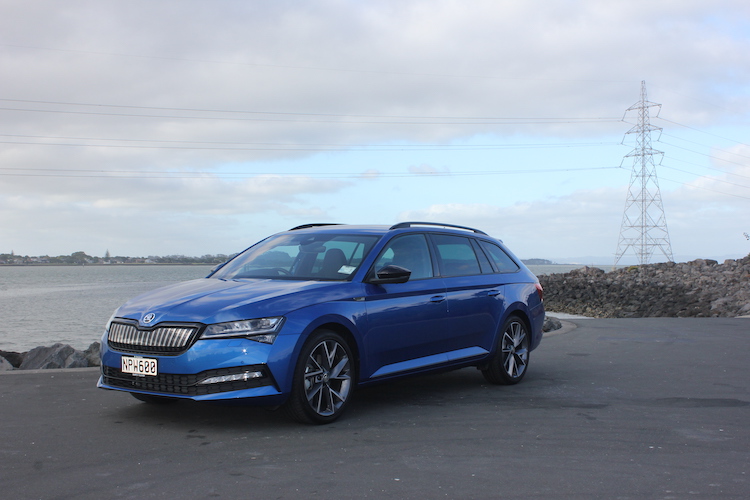
Skoda New Zealand is asking its customers to check with it dealers as to how the ongoing international semi-conductor shortage might have an impact on the specific equipment features of new Skoda models as they arrive in market.
The Australian distributor for Skoda Auto has announced that it will be temporarily removing certain features from the majority of its line-up to maintain a supply of vehicles in spite of the semi-conductor shortage.
Excluding the Karoq crossover, in Australia the Scala, Kamiq, Octavia, Superb, and Kodiaq all have missing features including numerous active safety elements, with rear cross traffic alert and blind spot monitoring being among the biggest casualties.
The Canton sound system and adaptive headlights are also on the chopping block, although it’s been reported that the features being impacted are changing constantly.
As part of the feature delete, Australian customers purchasing affected cars will get a credit to account for the lesser spec. Skoda Australia also says that customers can also wait for their desired specification to arrive if they want.
Skoda New Zealand could not confirm to AutoTalk whether the same changes were in store for Kiwi customers. Instead, a spokesperson for the brand encouraged customers to discuss these issues with their local dealer.
“Over the last year, Skoda NZ has experienced challenges with production shortages due to components and semiconductors. This is a fluid situation that we are managing as the global motor industry works through component shortages,” the spokesperson said.
“Skoda NZ are asking our customers to work with our dealer network to understand what impacts, if any, there are on specific models as they land in NZ.”
Skoda New Zealand is coming off one of its most competitive years to date, helped in part by the start of its role as a vehicle supplier for the New Zealand Police.
The company aims to hold a 4% market share by 2025.
Skoda Australia says it expects the issue to be remedied with the introduction of the 2023 model year models, which kicks off in Q3 of 2022.








